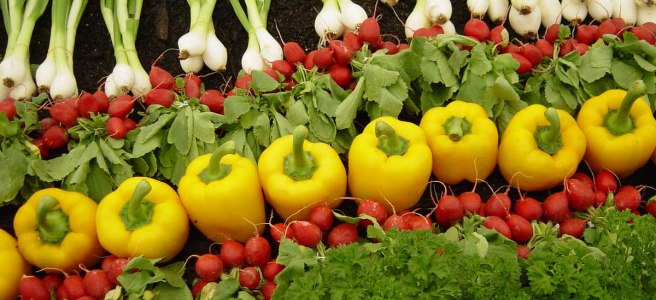Dirty Dozen (test higher in pesticides, buy organic)
- Apples
- Peaches
- Nectarines
- Strawberries
- Grapes
- Celery
- Spinach
- Sweet Bell Peppers
- Cucumbers
- Cherry Tomatoes
- Imported Snap Peas
- Potatoes
Clean 15 (do not have to buy organic)
- Avocado
- Sweet Corn
- Pineapple
- Cabbage
- Frozen Sweet Peas
- Onions
- Asparagus
- Mango
- Papaya
- Kiwi
- Eggplant
- Grapefruit
- Cantalope
- Cauliflower
- Sweet Potatoes

